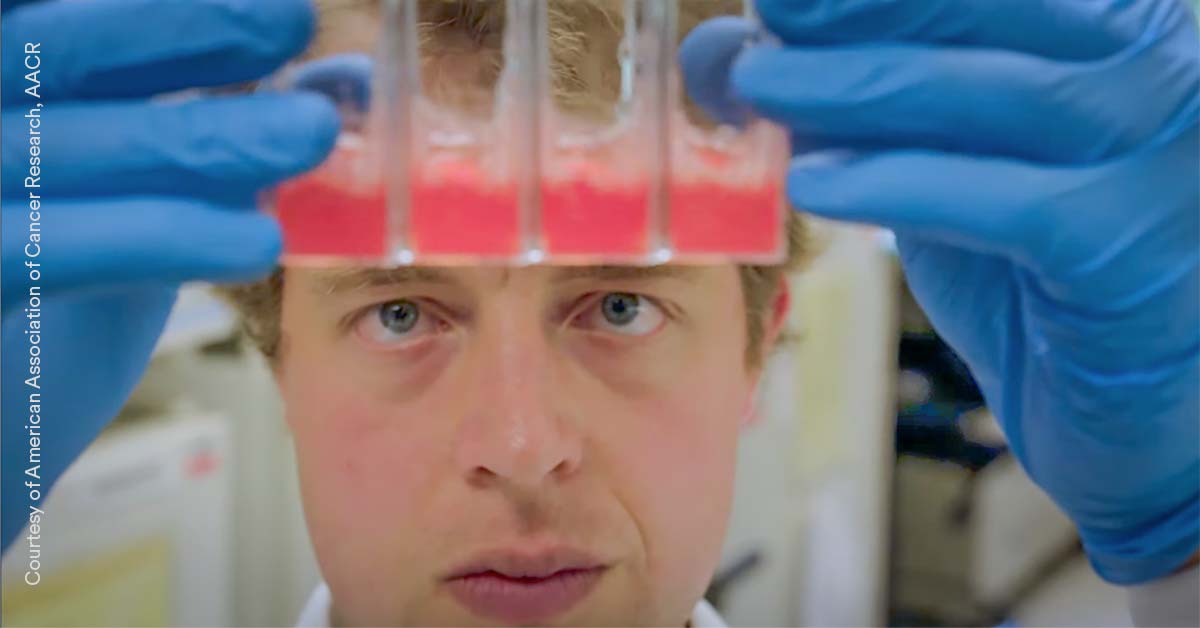
Launching a new cancer alliance
Addressing health disparities and increasing awareness of preventable risk factors — not to mention developing new and better cancer therapies — will take collaboration, the experts agreed.
So along with the annual report, they launched a major collaboration involving all of the country’s cancer centers: AACR’s Cancer Centers Alliance. Read more about the Alliance here.
“We have to speak with a unified voice, not a competitive voice,” said Cheryl Wilman, MD, executive director of the Mayo Clinic’s cancer program and a two-time cancer survivor. “No single institution or organization has the individual power to overcome cancer. It’s all of our battle. We are the nation’s cancer research engine and 75% of funding that comes from NCI flows through our centers to drive the nation’s cancer research mission.”
The new Alliance is open to all cancer centers (both NCI-designated ones like Fred Hutch, and smaller community cancer centers) and will operate in collaboration with White House Cancer Moonshot project, the NCI, patient advocacy groups, the pharmaceutical industry and other cancer care organizations.
Joining forces will “give us the power to move cancer research and discovery of new treatments even faster,” Wilman said.
Just a few of the items on the Alliance’s huge to-do list: create decentralized clinical trials that utilize community-based nurses and home-delivered drugs; provide better tracking of side effects through wearable devices; develop more effective communication about preventable cancer risks; use AI algorithms for early detection of cancer.
“We need to address all of this as a group,” Greenberg said. “And there’s no reason not to be optimistic.”
As always, though, there is concern over the amount of funding the NIH and its programs will receive in the coming legislative sessions.
Toward that end, AACR also urged Congress to provide the $1.7 billion in funding designated for Cancer Moonshot initiatives; to appropriate at least $472.5 million for the Center for Disease Control and Prevention’s Division of Cancer Prevention to support comprehensive cancer control, central cancer registries, and screening and awareness programs for specific cancers, and to allocate $50 million in funding for the Oncology Center of Excellence at the FDA to conduct expedited review of cancer-related medical products.
“Cancer research has transformed the life of patients,” Greenberg said. “It’s taken people who’ve run out of options and provided not just another option, but a cure. That’s exactly what we hope to do with cancer therapies and it’s the kind of investment that’s been fueled by NIH investments.”
From finding new ways to manipulate the immune system to creating new cancer drugs using mRNA to the rapidly expanding field of microbiome research, the science of cancer is expanding in enormous ways, he said.
“It’s unquestionable that we’re in a time of unparalleled opportunity,” he said. “Not increasing the investment in cancer research would have a devastating effect on the field.”




